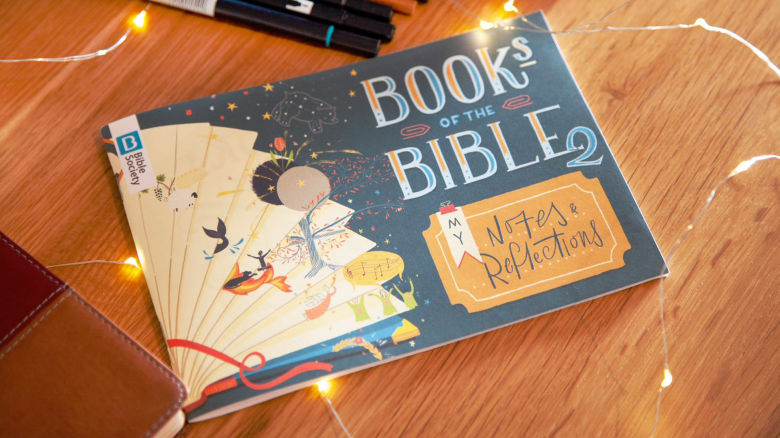The book of Proverbs is a collection of poems, longer teachings and very short sayings that communicate the wisdom of ancient Israel. It contains wisdom of all sorts – from folk sayings that would have been relevant to everyone’s life, to wisdom for people in the royal court. It is a complete smorgasbord of wise sayings to live by.
Too many to mention, but here are a few of the best:
The fear of the LORD is the beginning of knowledge. (Proverbs 1.7)
Trust in the LORD with all your heart, and do not rely on your own insight. (Proverbs 3.5)
22The LORD created me [wisdom] at the beginning of his work, the first of his acts of long ago. 23Ages ago I was set up, at the first, before the beginning of the earth… 30then I was beside him, like a master worker; and I was daily his delight, rejoicing before him always, 31 rejoicing in his inhabited world and delighting in the human race. (Proverbs 8.22–23, 30–31)
There is a way that seems right to a person, but its end is the way to death. (Proverbs 14.12)
Proverbs is one of the few books of the Bible not really designed to be read in one go. It is better savoured over a long period of time, saying by saying. Some proverbs featuring women aren't the sort of thing we might say today.
Proverbs is traditionally associated with Solomon and there is no doubt that some of these proverbs originated with him or his court, but it seems likely that the book grew over time, accumulating wisdom from many different sources.
King Solomon was David’s successor and widely renowned for his great wisdom.
Solomon was king between about 961 and 922 BC, but the book of the Proverbs seems to have accumulated a wide range of wisdom from around Israel until it reached its final form perhaps in the sixth century BC or even later than that.
1 and 2 Kings; 2 Chronicles
Wisdom literature – most of its contents reveal wisdom for everyday life.
1.1–9.18 Essays on how to live a life shaped by wisdom
10.1–22.16 Proverbs associated with Solomon
22.17–24.34 A collection of wise sayings
25.1–29.27 Proverbs said to be by Solomon, copied during the time of Hezekiah
30.1–33 Wise sayings by Agur
31.1–31 Wise sayings by King Lemuel, including an ABC of what makes a capable wife
There will be several names you will not know; don’t worry if you can’t place them all. The key ones are given below.
Judah
Agur, King Lemuel, Hezekiah
Sheol, Wisdom tradition
Throughout Proverbs, but especially in chapters 1–9, you find an extended definition of what wisdom is – look out for the definition and see what it suggests to you.
This wisdom offers everyday advice to people from all sorts of backgrounds. As you read, see if you can work out who, in particular, would find the advice most relevant.
Proverbs use a lot of similes (this is like that); look out for them and see if you can find a favourite one.
We need wise advice today as much as the people of Solomon’s day did. As you read, ask yourself which of this advice applies most easily to our lives today. How might we communicate this ancient wisdom most effectively in our own time?

Here are 8 handy tips to get your book club up and running.

Here are some ideas to get you started.

Unsure of the meaning of a word or phrase in the Bible? Check our glossary of terms.
Books of the Bible journal: 2nd Edition
Journey through the Bible, one book at a time, with the 2nd edition of our Books of the Bible journal.
